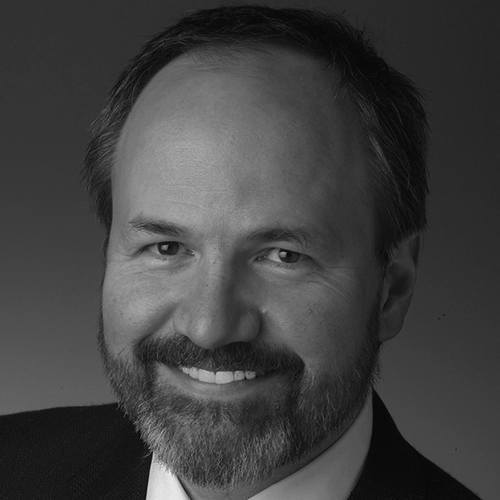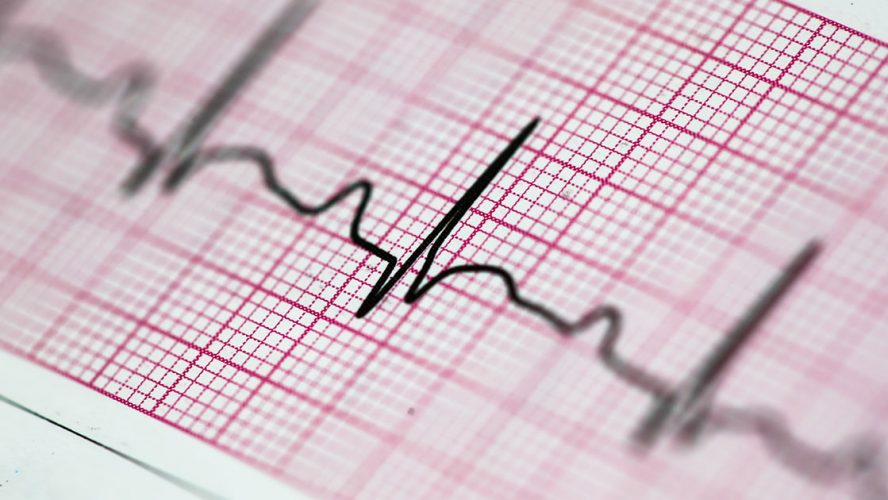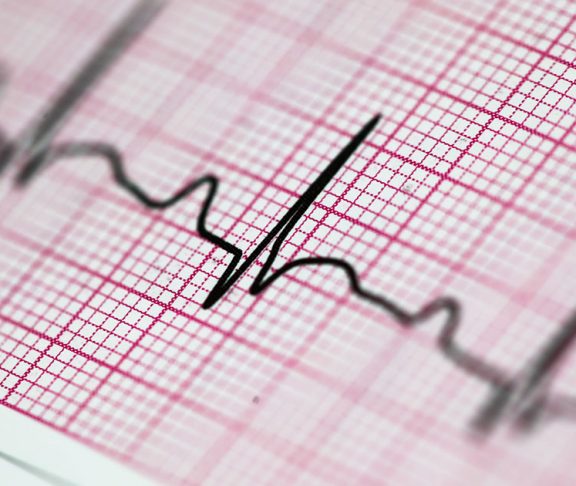Mark C. Bates, director of the Center for Advancement of Cardiovascular Research, talks genetic fingerprints, new technology and the role of regional hospitals.

Mark C. Bates
In your opinion, what is the biggest innovation in cardiology in the last 10 years?
I’d say the maturation of transcatheter valves and valve repair systems, which give patients lower-risk alternatives to traditional surgery. Also, safer blood-thinning medicines have improved atrial fibrillation outcomes, and high-dose statins were shown to reverse atherosclerosis in some patients. Lastly, for the first time, genetic fingerprints have been used to understand disease patterns and optimize treatment.
What should patients know about the future of heart care?
We will see continued decline in heart disease mortality as innovations in prevention and treatment remain a focus. Diagnosis and treatment will be driven by the clinical features of the illness and aided by analysis of disease associated genetic fingerprints. Also, cell and gene therapy will be used to treat conditions that presently have limited treatment options, such as heart failure.
What role does technology play in cardio innovations?
The translation of ideas into clinical solutions has become increasingly technology-dependent. We’re entering an era where cardiovascular innovation will be driven by the collective efforts of researchers from many disciplines all over the world. Just as healthcare innovations have eclipsed what we dreamed possible 50 years ago, advances in technology will likely bring unimaginable innovations in our lifetimes.
How can the public help in getting treatment and care to the next level?
Reminding your legislators about the importance of NIH research funding and the contribution of scientific discovery to healthcare innovation is a start. Also, communities should be proactive in moving their regional hospitals and healthcare institutions into data-driven, patient-centered, outcome-based models. Finally, arm yourself with information about heart disease prevention and pass the knowledge along to friends and family.

